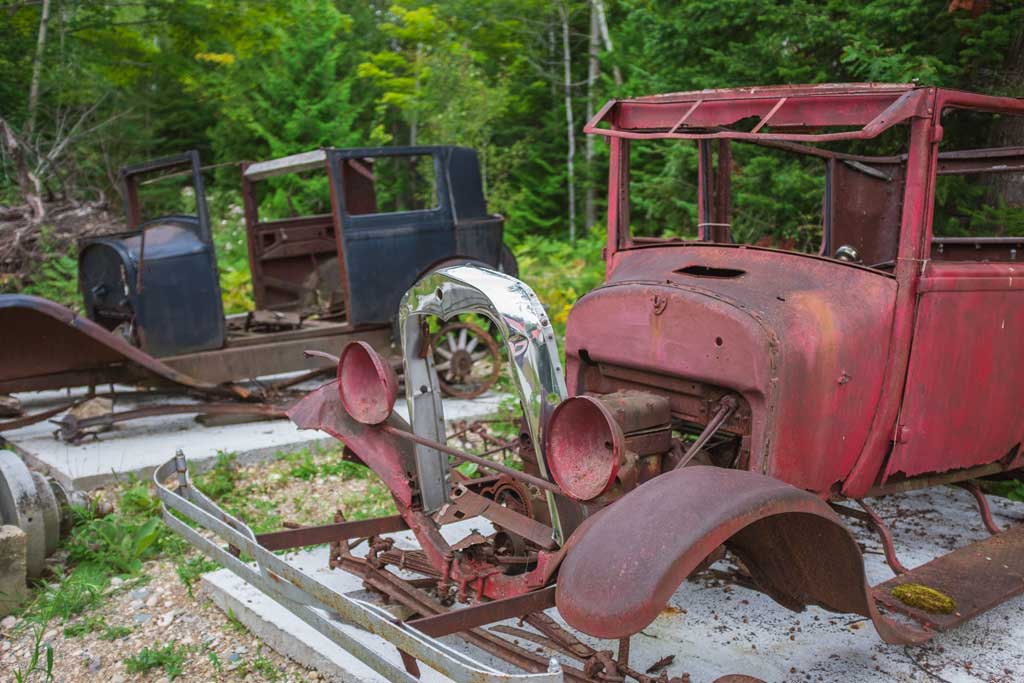A Brief History of Cockburn Island
1850 – Pre-Settlement
In the 1850’s as the westward push of homesteaders looking for land spread across Manitoulin Island and the north shore and land was becoming scarce, ‘Cockburn Island’, story has it was named after a famous British soldier, Sir Francis Cockburn, also known as ‘Little Manitoulin’ was getting noticed. Roughly 66 square miles of uninhabited land similar in make-up to Manitoulin Island.
1879 – Land Survey
The government commissioned the island to be surveyed by J.W.Fitzgerald. At that time a commercial fisherman named S.F.Tolsma had established a fishing station and built a wharf in a protected bay on the northeast shore of the island. Known today as Tolsma Bay.
Soon, a boarding house, storage buildings etc. were built to accommodate the workers. At the same time logging/mill companies were showing up ready to harvest the timber on the island. Also, around this time, homesteaders started to arrive with hopes and dreams of establishing a future for their families.
1881 – Township Established

The ‘Township of Cockburn Island’ was established. The founders saw a future here. As the town of Tolsmaville grew a second group of Scottish settlers had already established a farming settlement near the center of the island. Soon in 1882 and then in 1884 schools were built. The island began to thrive.
1881 – 1920’s – Close to 1000 Residents

Because of the isolation of ‘Cockburn Island’ the residents were well aware of having to get by with what they had. Although many of the settlers farmed, most made their living working for the logging and fishing companies. This is the time when there were close to 1000 residents living on the island, including some 50 first nation residents living on their land located along the northwest edge of the island.
1930 – 1945 – The Depression and WWII
There are stories that the islanders were not really affected by the depression because they were well adapted to having to live with what they had. But as WW11 arrived, many of the young men enlisted. When it was over many saw a whole new world out there and sought their future elsewhere.
1945 – 1960 – Logging Operations

In the early 1950’s the Ontario Paper Co. began to purchase the logging rights to most of the islands logging resources. Forrest management. Replanting. Pulp and veneer work was still available for those who still wanted to work on the island. Some islanders could still make a living on ‘Cockburn Island’.
1960 – 1980 – Beginning of the End

Many stayed and worked but they could see the writing on the wall. When the store closed and the ferry serviced stopped in 1963, that was the beginning of the end. Most remaining residents left because of no income and supplies. There were still some seasonal opportunities delivering veneer logs to Thessalon but living year round on ‘Cockburn’ was near impossible.
1980 – Present – Ghost Town
This period in time was when the island was considered a ‘Ghost Town’. However, ‘The Township of Cockburn Island’ still remained thanks in most part because of Harold McQuarrie. The reeve during these trying times.
Present Day – Revival


